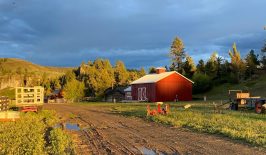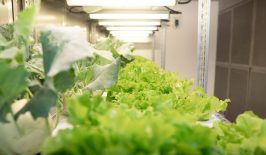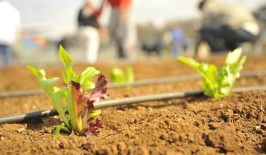When we speak of biodiversity conservation, discussions around the central roles and responsibilities of global actors and governments in preserving biodiversity on our planet and other similar meta-level discussions come to mind. However, as individuals, we can also play a meaningful role in contributing to the preservation of our diverse ecosystem – even when we live in a big city. By growing indigenous plants, we can assist in protecting and promoting our local flora and fauna and give the world’s biodiversity a helping hand too.
According to the University of Delaware, biodiversity provides an essential function to humans and plays a variety of essential roles including the provision of clean air and water, nutrient-rich topsoil for the cultivation of foods, pollination, weather buffers, carbon sequestration and recycling. Today, many indigenous environments have disappeared to make way for both agriculture and urbanisation. With urbanisation, rapid changes to the city landscape occur and, along with this, the urban fauna and flora are greatly altered.
Even those of us living in the city can make a difference. Encouraging biodiversity in your own home and garden can really contribute to preventing the breakdown of these essential processes and can, at the same time,be an interesting and rewarding opportunity to view animals, insects and plants in their natural environment.
So why is it so important to have native species of plants in our gardens? The reason for this is the fact that over millennia, fragile ecosystems have developed where species live in close symbiotic relationships with each other. Insects are at the base of the food web and are vital in attracting the other predators necessary to create a balanced ecosystem. Native plants have been shown to be much more successful in maintaining this ecosystem than alien varieties. Furthermore, gardening using native species with inbuilt evolutionary mechanisms to deal with their own natural enemies and predators means less work for you when it comes to dealing with invasions of pests that harm your garden, thus minimizing the need for dangerous pesticides to control infestations.
We can all play a meaningful role in creating an urban environment that supports and encourages biodiversity. As individuals it is simple and rewarding to do this through direct action in your own back garden. So come on, what are you waiting for? Go outdoors, get your hands dirty, educate yourself and rediscover your connection to nature while at the same time making a meaningful contribution to biodiversity preservation.
Read this informative article in the Hindu for some inspiration and practical tips to get you started with setting up a garden in your own backyard.
Author: Carrie Byrne/ RESET editorial








